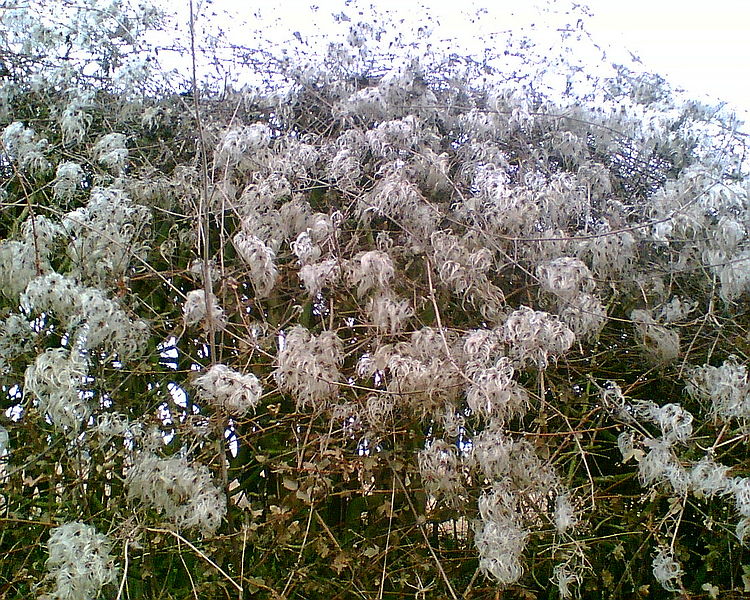New research* highlights how the lack of success in controlling weeds on agricultural and conservation land is challenging New Zealand’s position as a global leader in biosecurity.
Weeds are costing the country billions of dollars every year.
In a state-of-the-art review of how weeds are managed in New Zealand, Professor Philip Hulme has called for a paradigm shift in our approach.
“Unfortunately, we have rather little to show for the vast amount of time and effort government and landowners invest in the management of weeds,” said Professor Hulme, of the Bio-Protection Research Centre based at Lincoln University.
He said part of the problem is the reliance on short-term, under-funded, and poorly coordinated control programmes that usually target only the weed in question and not the underlying causes of the problem as well.
“Weeds may often be the passengers of wider ecosystem degradation rather than the drivers of change, so working to restore the system rather than only removing the weed may be a more sustainable approach”.
He also points to a worrying trend that spending on weed management and research is no longer a priority.
“Investment in major biosecurity initiatives such as Predator-Free NZ, kauri dieback and myrtle rust has led to fewer resources for weed eradication”.
This may explain why the Department of Conservation is managing weeds on a smaller area than it was five years ago, he said.
In addition to calling for a more holistic approach to biosecurity management, Professor Hulme recommends a shift from weed control being a reactive response to reflecting a proactive strategy.
“We should really be looking at stopping the weeds of the future, particularly those that will become a problem under climate change but also those that, given enough time, are likely to spread anyway.”
*Hulme PE (2020) Plant invasions in New Zealand: global lessons in prevention, eradication and control. Biological Invasions, online HERE.
Professor Hulme is the Distinguished Professor of Plant Biosecurity at Lincoln University. He has been listed in the top 1% of all scientists worldwide in terms of his research impact in each of the past six years.
In 2019 he was awarded the prestigious Hutton Medal from the Royal Society Te Apārangi for his outstanding work on plant invasions in New Zealand.
Source: Lincoln University












